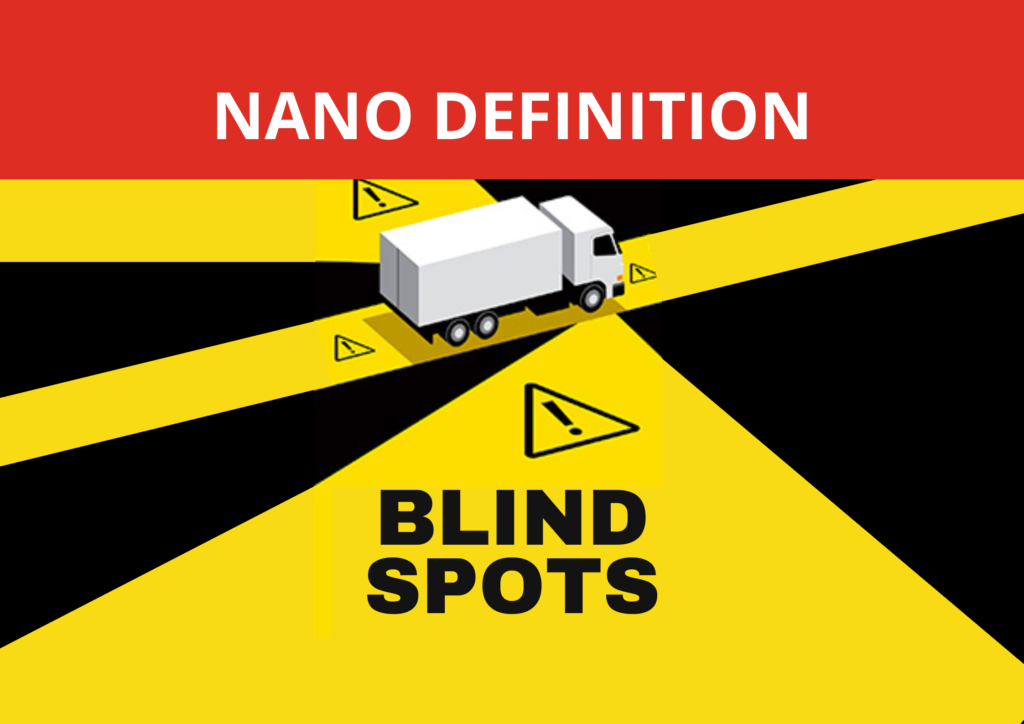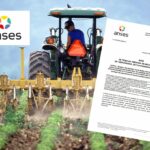
Anses calls on public authorities for a more comprehensive definition of nanomaterials
The French National Agency for Food, Environmental and Occupational Health Safety (Anses) denounces a definition of nanomaterials that is detrimental to the prevention of health and environmental risks. It calls on governments to consider a more inclusive definition now and to encourage its integration into sectoral regulations.
Asked in 2018 to provide technical and scientific support on the definition of the term “nanomaterial” developed at the European level, the Agency publishes today an opinion and a collective expertise report which warns on the potential setbacks of a definition considered too restrictive. The agency completes its analysis by detailing the parameters of a more encompassing definition, and encourages governments to adopt it now.
A confusing, overly rigid and restrictive definition
The Anses insists that the new definition published by the European Commission in June 2022 considerably restricts the number and variety of nano-objects that would ultimately be considered nanomaterials, without any scientific or health justification. This definition does not include, among others, micellar-type nanovectors (vesicles, liposomes, lipid particles, etc.), nanostructured objects, and nanoparticles below the now fixed numerical distribution threshold of 50%.
The Agency’s experts point out that this restriction is a step backwards in terms of management and risk assessment of nanomaterials, with the risk that potentially dangerous substances will no longer be assessed as such.
The analysis of ANSES joins the warnings formulated by AVICENN in its investigation report on 23 daily products (see pages n°25-26).
According to Anthony Cadène, scientific project manager at Anses, “This definition should primarily make it possible to say whether an object corresponds to a nanomaterial or not, regardless of its sector of application or considerations related to measurement methods and instruments.”
The Anses also deplores the introduction in this definition of new concepts subject to divergent interpretations, such as the notion of “identifiable” or “constituent particle”. This vocabulary adds confusion and complexity to the regulatory application of the definition.
Governments should encourage a more inclusive definition
The Agency advocates on the contrary a definition of nanomaterials “as broad as possible”, based only on dimensional criteria and independent of the sector of application. For Aurélie Niaudet, in charge of risk assessment related to physical agents at the Anses, “the challenge is really tn ensure that there is no blind spot so that assessments are made on all substances of concern“. Anses calls on public authorities to seize the opportunity of the revision of European regulations on chemicals (REACH and CLP) and cosmetics to propose a broader definition. These recommendations are in addition to the requests made by AVICENN and 16 NGOs in March 2023 to the European Commission.
→ AVICENN will perform a more detailed analysis of the Anses opinion soon and has planned to participate in a report debriefing meeting organized by the Anses for stakeholders on June 23.

The other news on the subject…
Upcoming Nano Agenda

- Citizen webinar for the general public and the university community.
- Organizers: Research department Law & Social transformation (DETS), University of Bordeaux
- Speakers:
- Marion Tissier-Raffin, Senior Lecturer in Public Law, Centre de recherche et de documentation européennes et internationales (CRDEI), University of Bordeaux
- Mathilde Detcheverry, General Delegate, Association AVICENN – Veillenanos
- Didier Morin, University Professor of Neuroscience, UMR CNRS INCIA, University of Bordeaux
- Website: https://dets.u-bordeaux.fr/animation-scientifique/webinaires-citoyens/saison-2024-2025

- 5th Joint Symposium on Nanotechnology
- Organizers: the Fraunhofer Nanotechnology Network, with the support of the Federal Institute for Risk Assessment (BfR)
- Date: May 13-14, 2025
- Topics:
- the application of nanotechnology in various sectors, including digitalization, 2D/3D printing, carbon-based materials and battery materials
- nano on various regulations (REACh, food contact materials, cosmetics, bioagents, PPPs)
- adaptation and development of OECD Test Guidelines for nano and advanced materials (Malta Initiative)
- review on nano-specific NAMs (new approach methodologies)
- when you’re nano and you know it: dealing with uncertainty regarding the nanomaterial definition in regulatory frameworks
- …
- Website: www.isc.fraunhofer.de/…2025/5th-symposium-nanotechnology.html
- 4-day training :
- the different routes by which toxic substances can enter the body
- the importance of toxicokinetics in preventing the toxicity of substances,
- the absorption, distribution, metabolisation and elimination of xenobiotics
- the toxicity of nanoparticles
- Organizer : Association Toxicologie Chimie (ATC)
- From May, 19 to May, 22
- Speakers :
- Frédéric Gaidou (Chemical engineer specialising in Toxicology, ERAMET Group, Paris, President ATC Paris)
- Sarah Dognin dit Cruissat (Doctor of Pharmacy, nutritionist, toxicochemist, CALMEVA, Lyon)
- Jean-Dominique Puyt (Veterinary Doctor, Honorary Professor at the École Vétérinaire, Nantes)
- Isabelle Malissin (Doctor, Hôpital Lariboisière, Paris)
- Nicole Proust (Research Engineer, Honorary Director of Research at the CNRS, Specialist in Nanotechnologies, Arsenic, Electromagnetic Waves, Palaiseau)
- Marie-Chantal Canivenc-Lavier ((Nutri-toxicologist, Centre des Sciences du Goût et de l’Alimentation INRA-Dijon)
- Claude Lesné (Doctor, Honorary Senior Research Engineer at the CNRS)
- Nicole Proust (Ingénieure Recherche, Directeur de recherche honoraire du CNRS, Spécialiste Nanotechnologies, Arsenic, Ondes électromagnétiques, Palaiseau)
- Website : https://www.atctoxicologie.fr/notre-formation.html





